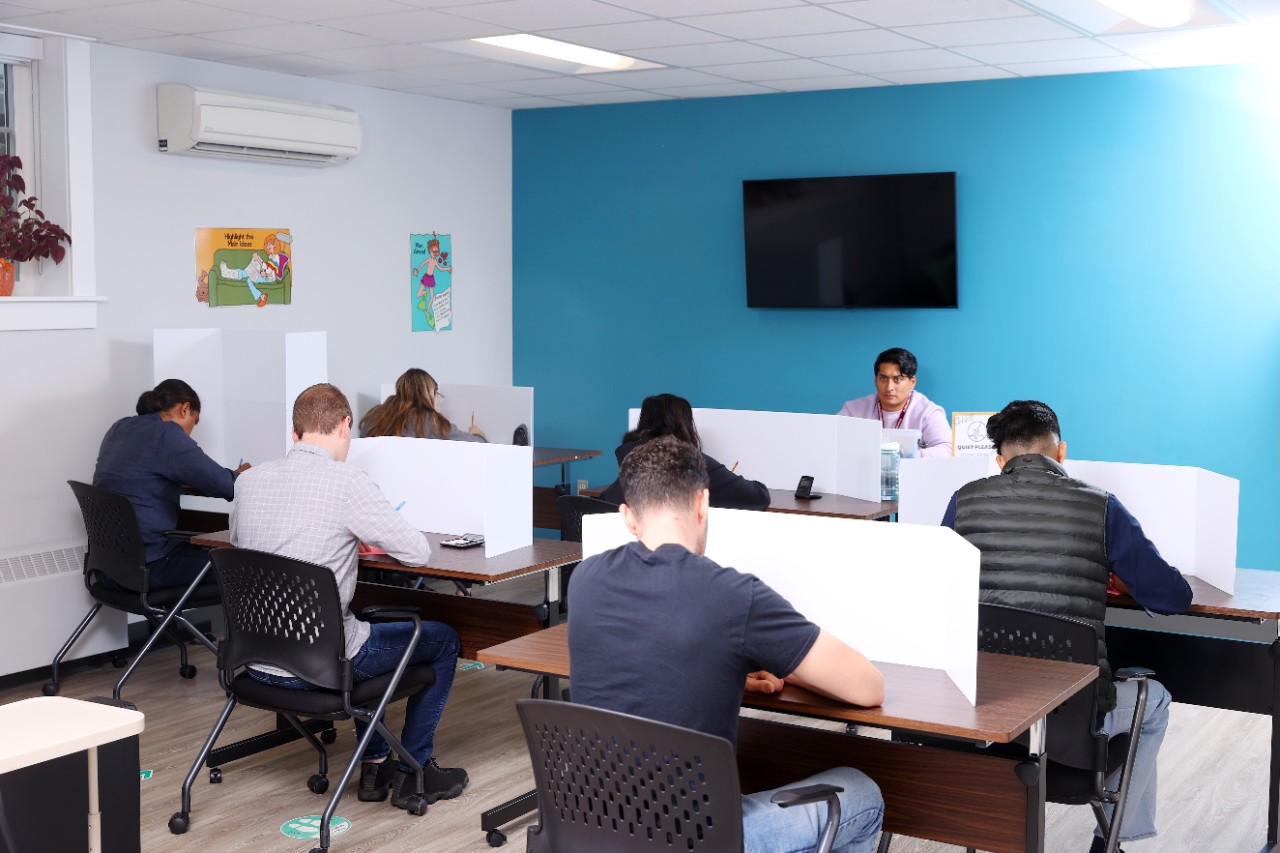How we can support you
We are committed to providing an inclusive educational environment for all Dalhousie and King’s students. Our accessibility advisors work with you to ensure access, inclusion, and accommodation support when required.
Facilitate access to academic courses and programs, facilities, services, and activities.
Identify classroom, exam, and other accommodations (e.g. co-op) to reduce barriers to your learning.
Advocate on behalf of, and alongside you to ensure reasonable accommodations are available and implemented.
Assist you in accessing funding for students with disabilities.
Connect you with on- and off-campus resources to enhance your success.
Types of accommodations available
- Accessibile parking
- Alternative testing conditions
- Cue sheets
- Emotional support animals
- Note taking
- Temporary accommodations
- Alternate formatting
- Class recordings
- Deferred exams
- Deadline extensions
- Modified presentations
- Residence accommodations
- Other accommodations
Workshops
Workshops and support groups are available throughout the academic year, including:
Autism Community Group
Executive Functioning Group
Post-Secondary Autism Support Program
Financial assistance
If you have a permanent disability, you may be eligible for financial aid, including:
Dalhousie Financial Aid (Temporary loans and bursaries)
DSU Student Accessibility Bursaries
Canada Student Grant
And many other external scholarships and bursaries
Contact us
Virtual and in-person appointments are available at the Student Accessibility Centre in Halifax and the Student Success Centre in Truro.
Contact info by location
Student Accessibility Centre
Killam Library Atrium, Rm. G28 , 6225 University Ave., Halifax
Reception hours: Monday to Friday, 8:30 a.m. – 4 p.m.
Advising hours: Monday to Thursday, 8:30 a.m. – 6 p.m., Friday, 8:30 a.m. – 5 p.m.
Drop-in hours: Monday, 9 a.m. – 12 p.m., Thursday, 1 – 4 p.m.
Phone: 902-494-2836
Fax: 902-494-6797
Student Success Centre
Dairy Building, 11 Sipu Awti, Truro
Monday – Friday, 8:30 a.m. – 4:30 p.m.
Phone: 902-893-6672
Fax: 902-893-6545
Melda Engineering Student Centre
Room A109, A/B Building, 1360 Barrington Street, Halifax
Wednesday, 9 a.m. – 4 p.m. (by appointment only)
